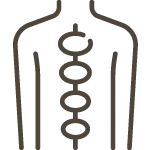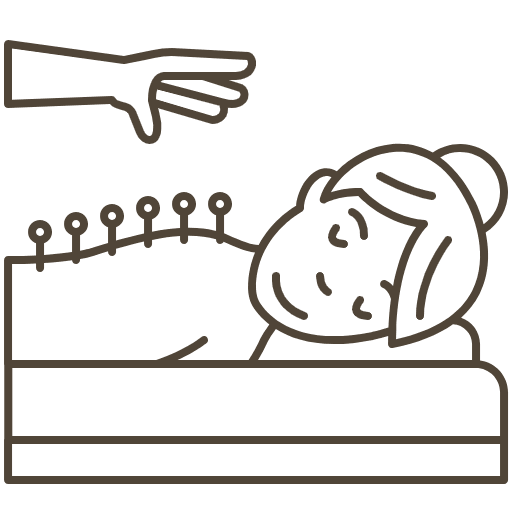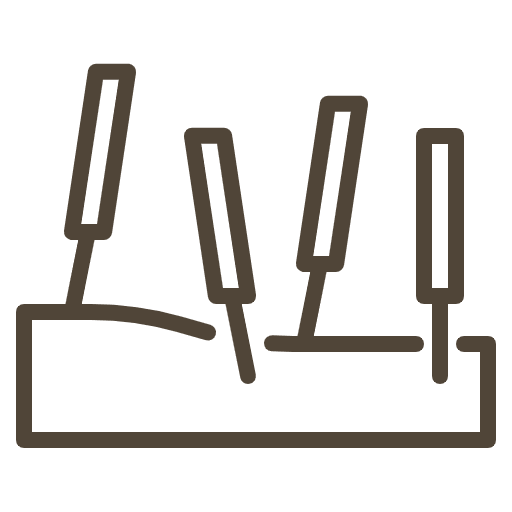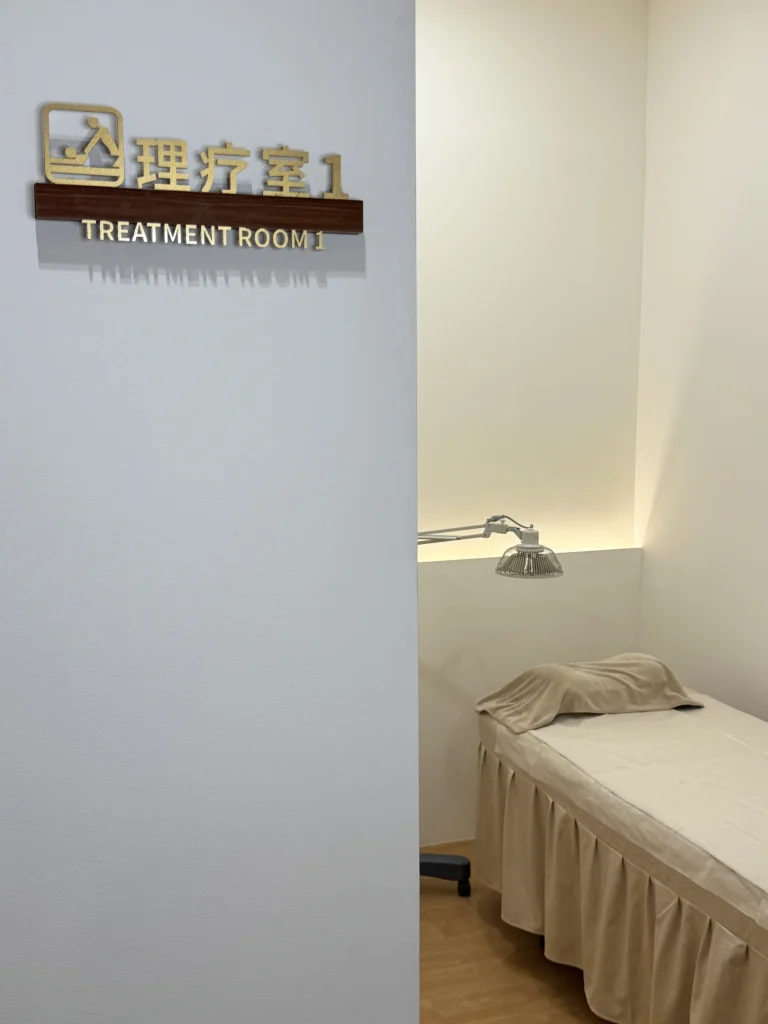Our Services
- Home
- Our Services
Our Services

Pulse Checking
A traditional, non-invasive way to check your health by analyzing your pulse—no treatments required.

Blood Glucose Measurement
A quick and simple way to check your blood sugar levels, helping you stay on top of your health.

Acupuncture
A traditional, non-invasive way to check your health by analyzing your pulse—no treatments required.

Moxi-Guasha
Feel deeply relaxed with this combination of warming moxibustion and guasha techniques—it’s great for detoxing.

Kids Tuina
A relaxing and gentle massage therapy session for kids to support their growing bodies.

Stick Needle Meridian Massage
Relieve tension and improve your circulation with this unique massage technique using stick needles.

Cosmetic Acupuncture

Cupping
Experience the relief of cupping therapy—perfect for easing muscle tension and boosting circulation.

Nasal Laser Healing Therapy
A targeted laser treatment to help soothe nasal inflammation and bring you lasting relief.
Problems that we can solve
- Internal Medicine & Chronic Conditions
- Women’s Health & Fertility
- Pain Management & Rehabilitation
- Children’s Health & Growth Support
- Cardiovascular & Circulatory Health
- TCM Beauty & Anti-Aging
Frequently Asked Questions
Do I need a specific reason to get acupuncture?
No, you don’t necessarily need a specific health condition to benefit from acupuncture. While it is commonly used to treat pain, stress, insomnia, digestive issues, and various other conditions, acupuncture can also be a great way to maintain overall wellness, boost immunity, and promote relaxation. Many people use it as a preventive health measure to keep their body in balance.
What happens to your body after an acupuncture session?
After acupuncture, your body may feel deeply relaxed, energized, or even slightly lightheaded. The treatment stimulates blood circulation, regulates the nervous system, and promotes the release of endorphins (natural painkillers). Some people experience immediate relief, while others notice gradual improvements over a few sessions. Occasionally, mild soreness or fatigue may occur as the body adjusts to the treatment.
How long does an acupuncture session typically last?
A typical acupuncture session lasts between 30 to 60 minutes, depending on the condition being treated. The first visit may take longer as the practitioner will assess your health history and symptoms before beginning treatment.
Why are some people hesitant about trying acupuncture?
Some people are concerned about acupuncture due to fear of needles, uncertainty about its effectiveness, or misconceptions about safety. However, acupuncture needles are extremely thin and cause minimal discomfort. When performed by a qualified practitioner, acupuncture is very safe and can provide significant health benefits.
How often should you get acupuncture?
The frequency of acupuncture treatments depends on your health condition and goals. For acute issues, 2-3 sessions per week may be recommended initially. For chronic conditions or maintenance, once a week or biweekly is usually sufficient. Some people choose to do a monthly session as part of their wellness routine.
Are there any side effects of acupuncture?
Acupuncture is generally safe when performed by a trained professional. Some mild side effects may include slight bruising, temporary soreness, or slight dizziness after treatment. These effects are usually minimal and subside quickly. Serious complications are rare when acupuncture is done correctly with sterile needles.
Problems that we can solve

Acupuncture for Restoring Sleep Patterns
Acupuncture is highly effective in treating insomnia by regulating the nervous system and promoting relaxation. By stimulating specific acupoints, acupuncture helps lower stress hormones, calm the mind, and improve melatonin production, leading to deeper and more restful sleep.”

Acupuncture for Stress & Anxiety Reduction
Besides, many sleep disorders are linked to stress and anxiety. Acupuncture helps balance the body’s energy flow (Qi) and reduces excessive mental activity that prevents deep sleep. By stimulating specific acupoints, acupuncture encourages the body to enter a relaxed state, making it easier to fall and stay asleep.

Acupuncture for Pain Relief & Inflammation Reduction

Acupuncture for Muscle & Joint Recovery

Acupuncture for Hormonal Balance & Menstrual Regulation

Acupuncture for Fertility & Reproductive Health

Acupuncture for Neuropathy & Circulation Improvement
Foot pain, including numbness and tingling, is often linked to poor blood circulation and nerve issues. Acupuncture stimulates circulation and nerve regeneration by targeting specific acupoints. These points improve oxygen flow to the feet, helping relieve numbness, tingling, and chronic foot pain.

Acupuncture for Plantar Fasciitis & Heel Pain
Services
Add Ons
Stimulating Healing with Electricity
Electro-Acupuncture 电针疗法
Looking for an extra boost? Add electro-acupuncture to your session for enhanced results.Revitalize with Needle Meridian Therapy
Stick Needle Meridian Massage 电针疗法
Relieve tension and improve your circulation with this unique massage technique using stick needles.Gentle Healing for Young Ones
Kids Tuina 小儿推拿 (20 minutes)
A relaxing and gentle massage therapy session for kids to support their growing bodies.Traditional Heat and Healing Therapy
Moxi-Gausha 砭石温灸刮疗
Feel deeply relaxed with this combination of warming moxibustion and guasha techniques—it’s great for detoxing.Purify and Mobilize Your Body
Muddy Detox Mobilisation 祛湿排毒泥代谢
A powerful detox treatment that helps remove toxins and refresh your system.Restore Balance with Cupping
Cupping 拔罐
Experience the relief of cupping therapy—perfect for easing muscle tension and boosting circulation.Clear Airways with Laser Therapy
Nasal Laser Healing Therapy 舒鼻镭射治疗
A targeted laser treatment to help soothe nasal inflammation and bring you lasting relief.




